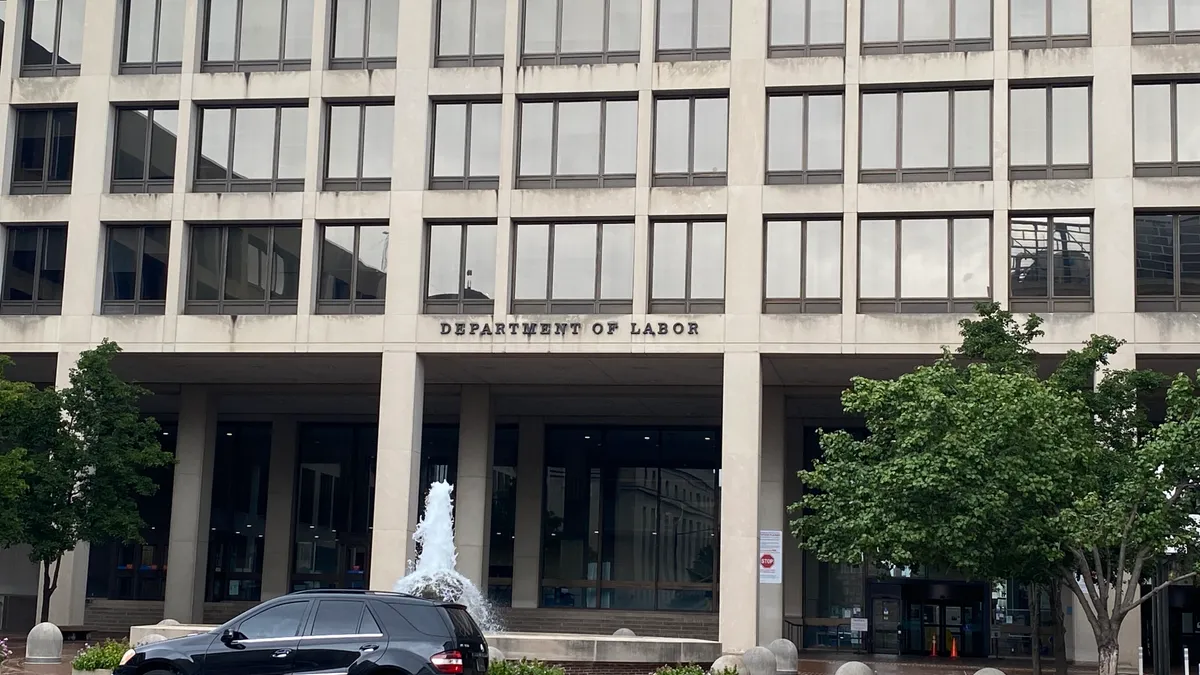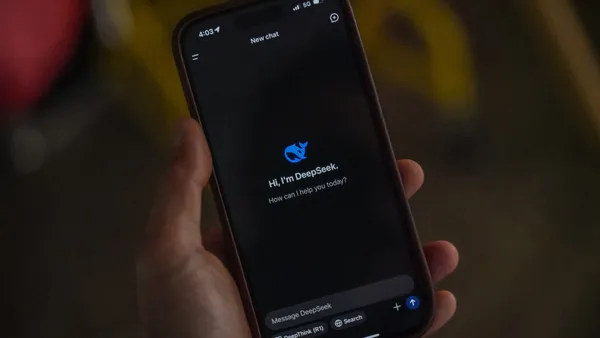Dive Brief:
- A partnership announced late last month between GTL and VirtualiaNet will provide incarcerated people with training and technology to learn "entrepreneurial skills" on GTL tablets. GTL offers "corrections technology that improves outcomes for inmates and facilities" while VirtualiaNet creates vocational training courses "targeted towards the most in-demand opportunities on freelancing websites."
- Those who take the courses can finish them in fewer than 90 days, a news release said. Through the courses, inmates can learn about the top eight freelancing vocations before choosing a few they want to focus on. The program will offer them assistance as they work toward reentering society, the release said.
- Several factors make freelance work helpful to the formerly incarcerated, according to GTL: Work-from-home opportunities eliminate challenges associated with transportation and location-based expenses; the rapid growth of the freelance job market; and technology makes it easier to connect to both task-based freelancing opportunities and management freelancing opportunities.
Dive Insight:
The partnership between GTL and VirtualiaNet is one of many initiatives designed to help formerly incarcerated people find jobs and thrive professionally. Like similar training programs, this one targets a talent pool that needs to learn a specific skill or set of skills before its members can move into a particular field or level of job. Often, the success of such initiatives is two-fold; the learners get the skills, and employers find newly qualified talent. Johns Hopkins, for example, hosted a coding boot camp for adult learners in the Baltimore area to increase the number of people with coding abilities.
Training partnerships, boot camps and other initiatives that expand talent pools come as a relief to employers amid an employee-friendly talent market. As employers become more intent on hiring the formerly incarcerated as a solution to this problem, they may want to consider their strategies and protocols to ensure an inclusive and compliant culture. Experts speaking on a panel at the 2019 Society for Human Resource Management's Employment Law & Legislative Conference recommended employers think before they ask about an applicant's criminal history and prepare themselves to interact positively with candid candidates.












